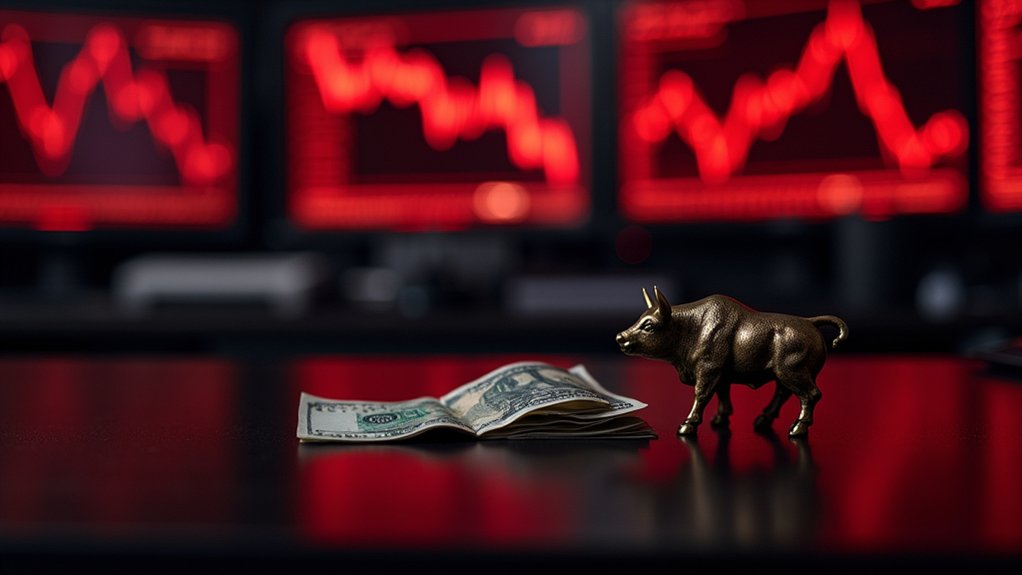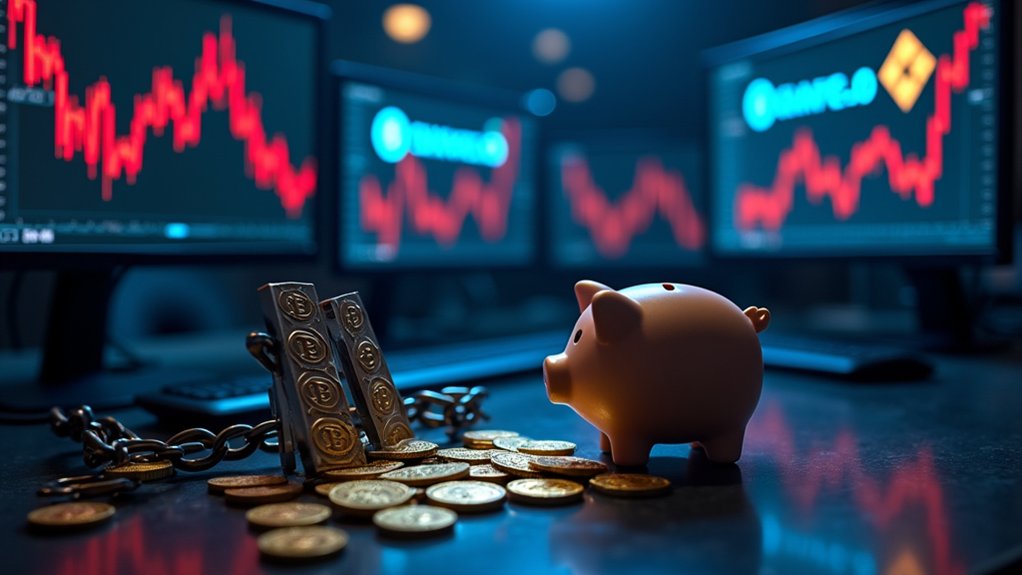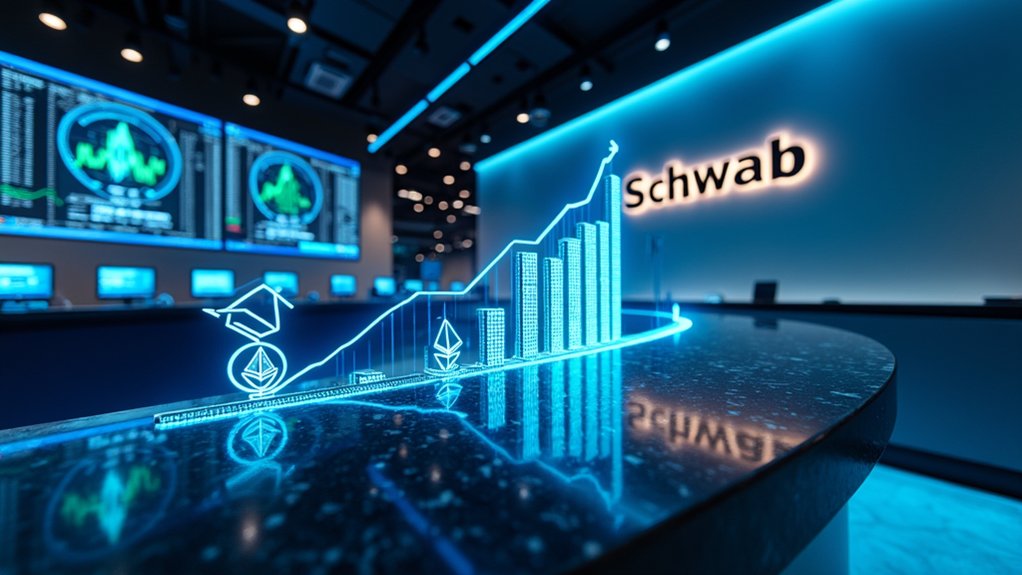As former presidential candidate Donald Trump threatens to slap massive 50% tariffs on European Union imports, economist Peter Schiff isn’t buying the tough talk. He’s calling it what he sees it – pure market manipulation that creates opportunities for insiders to profit while leaving average Americans holding the bag.
The drama unfolded when Trump announced the potential tariffs after trade negotiations with the EU broke down. Stock futures immediately took a nosedive. Then, like clockwork, Trump extended the deadline to July 9, 2025, after European Commission President Ursula von der Leyen asked for more time. Classic move, according to Schiff. The SPDR S&P 500 ETF dropped 0.68% to $579.11 following the announcement.
These aren’t bold negotiating tactics – they’re manufactured crises followed by “fake wins” that still harm consumers, Schiff argues. He points out that a 50% tariff would dwarf what Americans currently pay on Chinese imports. The market’s reaction speaks volumes: The S&P 500 suffered its fifth-largest two-day loss since 1950, plunging 10.5% when similar threats were made in April 2025. His analysis reflects a recurring theme of criticism regarding Trump’s volatile approach to trade policy.
Schiff’s criticism cuts deeper than just this latest episode. He’s long maintained that protectionist trade policies are nothing but trouble, regardless of how they’re packaged. Sure, markets typically bounce back when these threats temporarily resolve, but the damage lingers. Just look at Chinese import tariffs – they’re still higher than pre-Trump levels, despite all the “truce” declarations.
The EU isn’t taking this lying down. They’re ready to hit back with their own tariffs on U.S. goods, setting up a potential trade war that nobody wins. Meanwhile, global markets hang in the balance, with every tweet and Truth Social post sending ripples through the financial world.
For Schiff, it’s all part of a destructive pattern: Create crisis, declare victory, repeat – while consumers keep paying more. The whole song and dance might make for good political theater, but it’s terrible economics. And that’s what really gets under Schiff’s skin.





